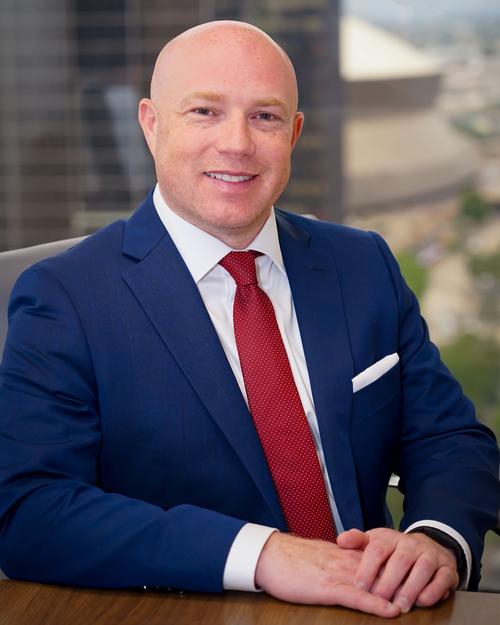
When a parent dies, you may be left with many questions about your inheritance, your rights, and the rights of your siblings. It’s important to get answers, so you can protect your future and estate assets that are rightfully yours. Here are answers to some common questions from clients who’ve lost a parent. If your question isn’t answered here, we encourage you to contact our Louisiana succession lawyers for help.
Who Is Considered a Child of the Deceased?
You may have considered the person who just died your mother or father, but that doesn’t necessarily mean the state of Louisiana agrees. In Louisiana, a child of a deceased loved one is defined as a person of any age who was the:
- Biological child of the person who died. Biological children include children born during a marriage, children born outside of marriage if paternity is acknowledged by the father or proven in court, children conceived but not born before the parent’s death, and children placed for adoption.
- Adopted child of the person who died. Children who are legally adopted by the person who died are considered children.
- Grandchild of the person who died. In limited circumstances, a grandchild may be considered a child. If the grandparent died without a will and the grandparent’s child died before their parent, the grandchildren may inherit property.
Foster children and stepchildren who the parent did not adopt before death are not considered children in the eyes of the law.
Who Gets Custody of Minor Children?
Often, children under the age of 18 are understandably concerned about who will care for them, raise them, and make sure they are safe. If the child’s other parent is still living and able to care for the child, the surviving parent becomes the child’s sole guardian or tutor. However, this type of minor tutorship isn’t always possible.
Tutorship by Will
A parent may have died with a legally valid will that names a tutor, or guardian, for their children. Courts generally honor the parent’s choice, as long as the tutor is willing and able to serve as the guardian.
Intestate Tutorship
If a parent dies without a will, the court will appoint a tutor. The court will first consider close relatives such as grandparents, aunts, uncles, or older siblings. If no close relative is willing and able to serve as guardian, the court will consider more distant relatives and friends.
What Happens to My Parent’s Property?
Regardless of age, children often worry about what will happen to their parent’s property. Every case is different, but there are general rules that apply:
Inheritance by Will
A parent can leave property to anyone they want in a will. If all of the parent’s children are 25-years-old or older and mentally and physically capable of caring for themselves, the children may only inherit property if they are included in the will.
However, children age 24 or younger or children of any age who have a mental or physical condition that prevents them from caring for themselves independently are considered forced heirs. If a forced heir is not included in the will, Louisiana law allows the forced heir to inherit a percentage of the parent’s estate.
Intestate Inheritance
Louisiana law also decides what a child can inherit if a parent dies without a will. If a parent dies with children but no spouse, the children inherit all of the parent’s property that passes through succession. If the parent is married at the time of death, the spouse retains a usufruct right in community property. The children inherit the community property subject to the parent’s lifetime use of that property and all of the parent’s separate property outright.
If a minor child inherits property outside of a trust, the child’s tutor will manage the property on the child’s behalf until the child is an adult.
How Can I Make Sure My Rights Are Protected?
You may have specific questions about your parent’s will or about what your rights are under Louisiana law. Our experienced team at Scott Law Group - Estate Counsel are here to get you the answers you need. Please contact us today to ensure your rights are protected.
|
Related Links: |


